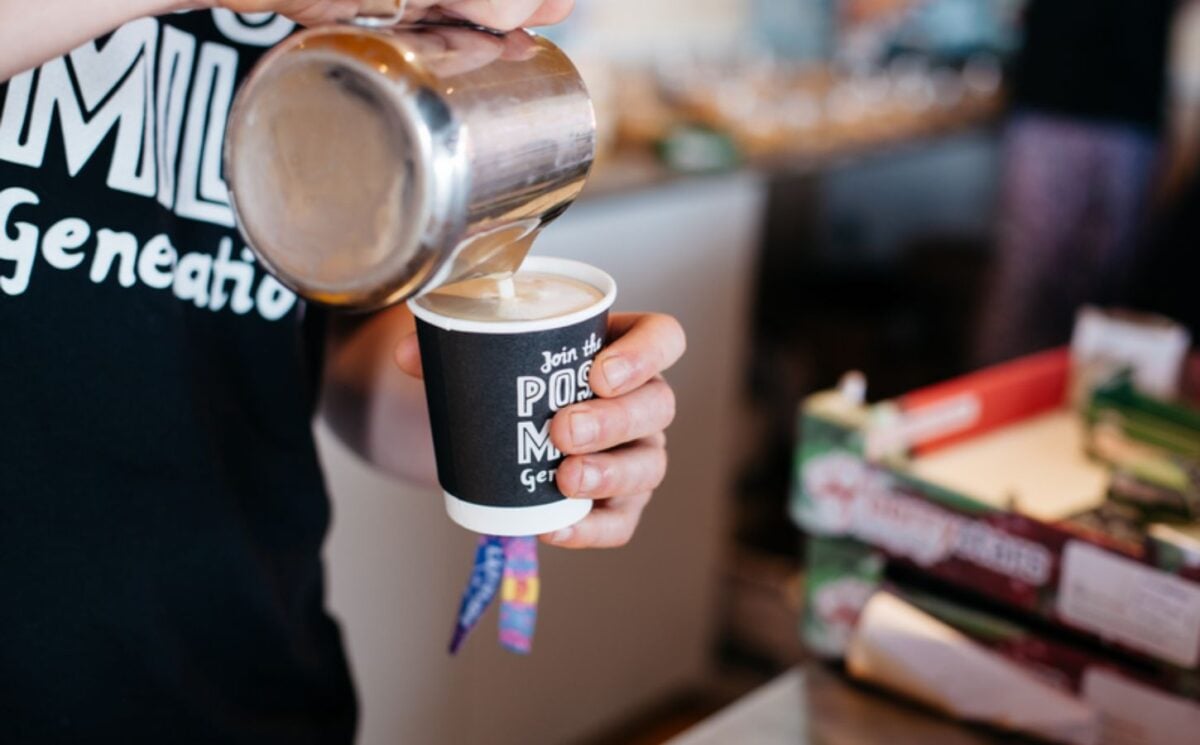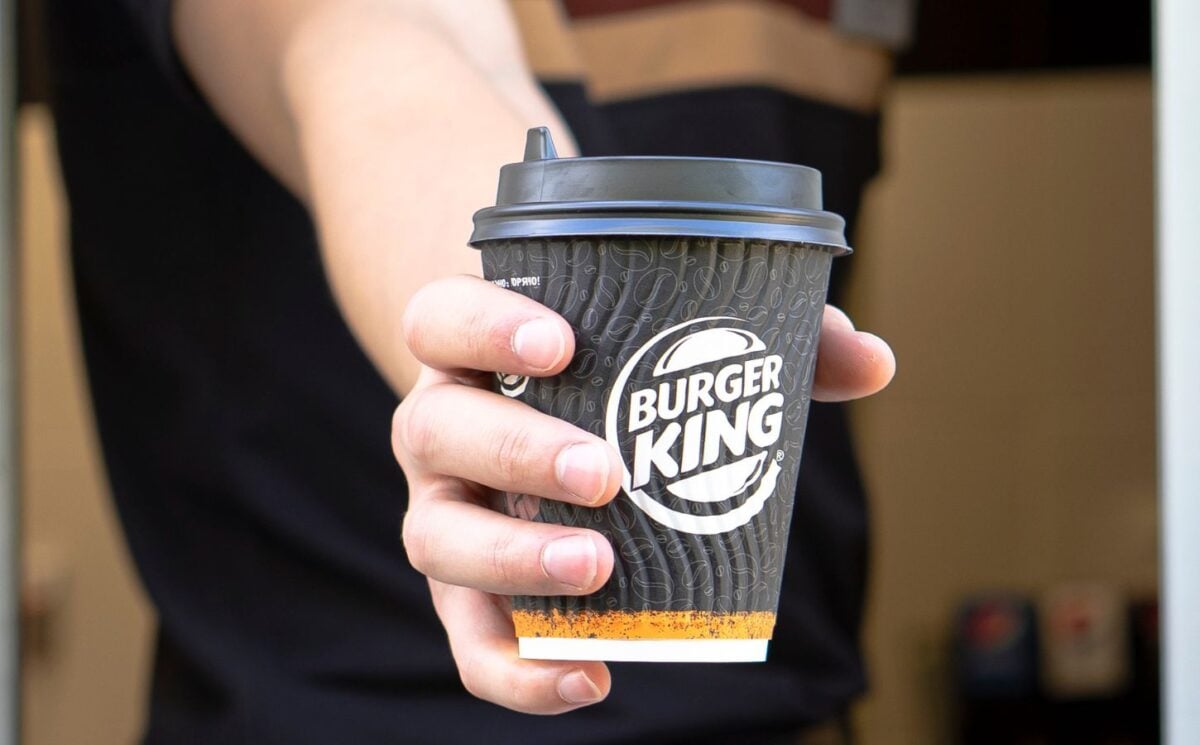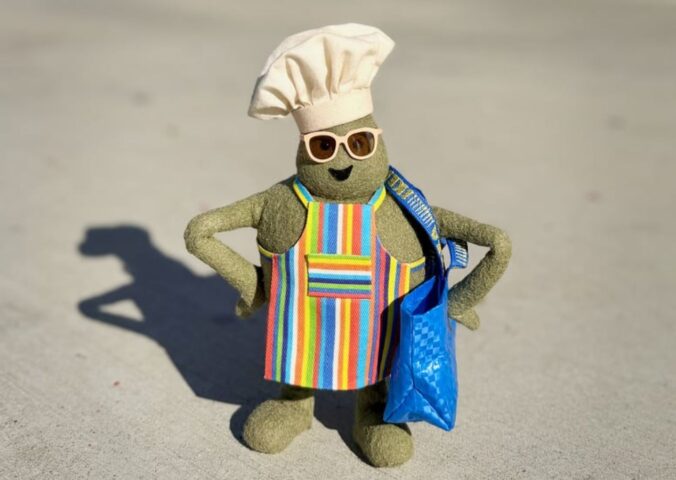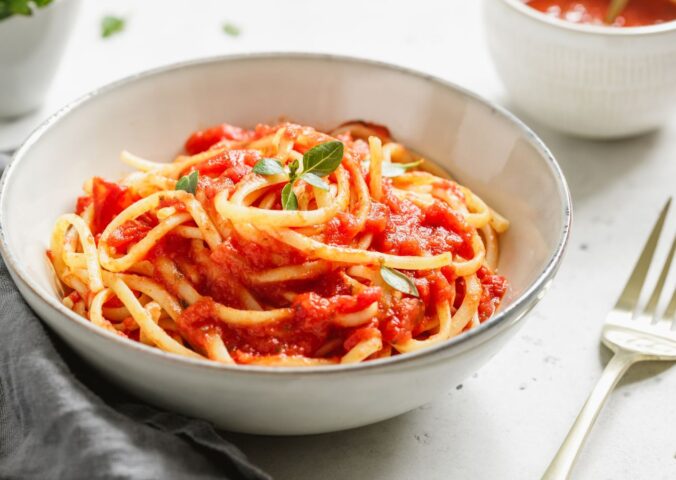Burger King Austria has dropped its pledge to serve oat milk in coffee and hot drinks instead of dairy less than one week after announcing it.
In an updated release, the fast-food brand stated that it will continue to partner with Oatly and stock Oatly Baristamatic, but will also continue to offer dairy options. Burger King said that it adapted its pledge to remove dairy from the menu following customer feedback, but highlighted an otherwise positive response.
Read more: RFK Jr To Recommend Americans Eat More Saturated Fats, Dairy, And Meat
The initial announcement that Burger King Austria would be swapping dairy milk for a plant-based alternative was celebrated by customers as well as multiple animal rights groups. ProVeg International noted on Instagram that the move was “in line” with previous efforts by Burger King Austria to emphasize sustainability.
On Facebook, Viva! wrote “fingers crossed this happens in the UK,” and added that swapping dairy for oat can halve the climate footprint of a liter of milk. In the updated release, Burger King said the response had been “overwhelmingly positive,” but that some customers had said they would prefer to keep drinking dairy.
“The strengthening of the coffee segment with the oat drink of the market leader Oatly is another important step in completing our already existing plant-based product alternatives in the burger sector and the expansion of our leadership in this market segment in Austria. At Burger King, however, the guest is king and we always orient our offer according to the preferences of our guests, both for food and drinks,” said Hartmut Graf, CEO of The Eatery Group, a “master franchisee” of Burger King.
Read more: Oatly Becomes ‘First’ Food Brand To Qualify As ‘Climate Solutions Company’
The still-growing plant-based milk market

Oatly launched its Baristamatic earlier this month, and described it as the “world’s first” oat milk made for automatic coffee machines. The formula is based on its popular Oatly Barista blend, but the company has compensated for the natural sedimentation that can cause separation in machines.
In addition to its negative impact on the environment and farmed animals, traditional dairy has been linked to negative health outcomes, including heart disease and cancer. Plant-based alternatives are better for the planet, better for animals, lactose-free, and in some cases, provide a better overall nutrient profile than dairy.
A recent market research report predicted that the global plant-based dairy market could reach USD $34 billion by 2030, with milk alternatives now a routine purchase.
Plant Based News (PBN) reached out to Burger King Austria for comment.
Read more: The Plant-Based Dairy Market Could Reach $34 Billion By 2030, Say Experts






